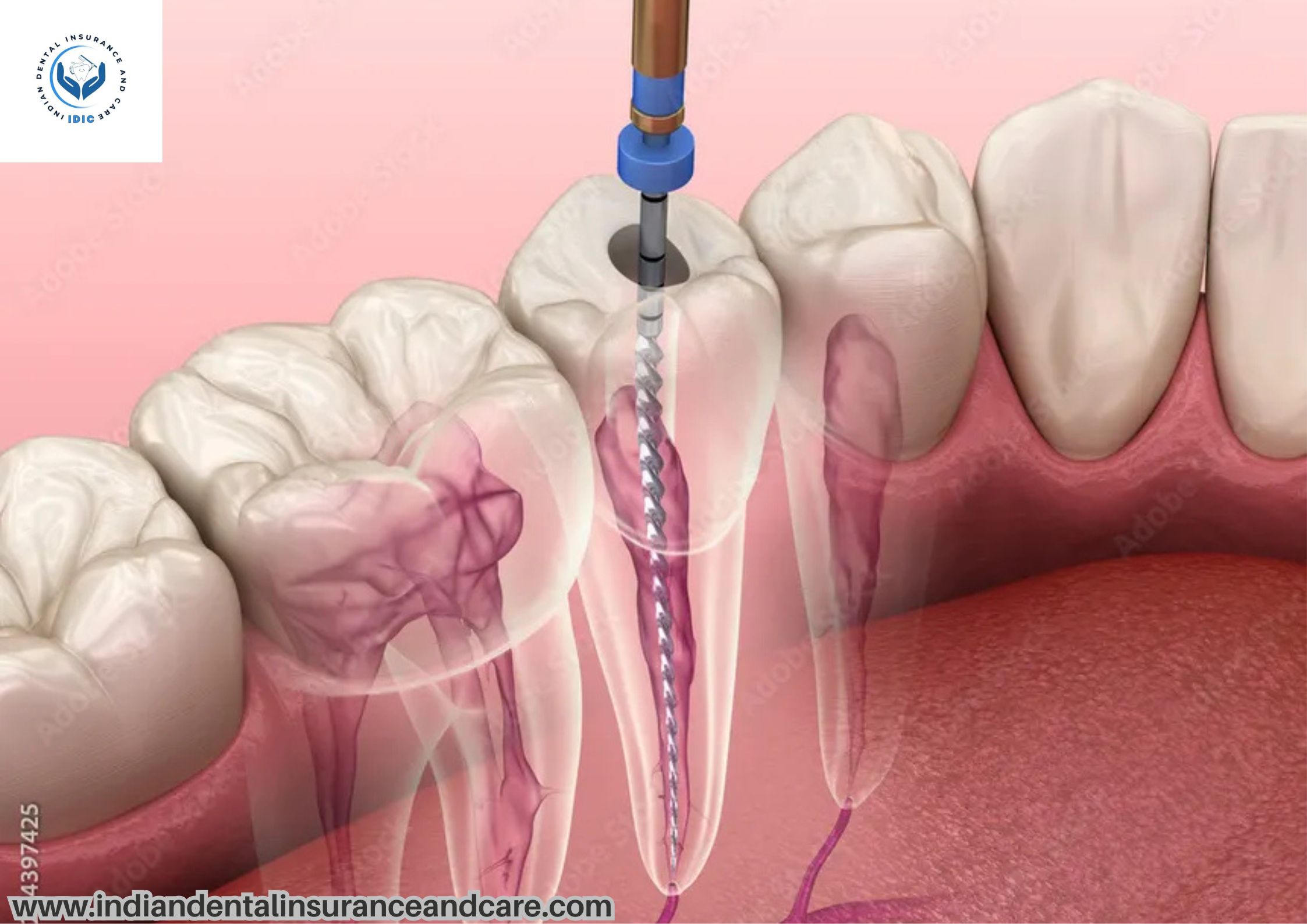
What is Root Canal Therapy?
Root canal treatment, also known as endodontic treatment, is a dental procedure designed to save a tooth that is severely damaged or infected. This treatment focuses on removing the infected or inflamed pulp (the soft tissue inside the tooth), cleaning and disinfecting the inner canals, and then sealing the tooth to prevent future infections.
Why Do You Need a Root Canal?
The pulp inside your tooth contains nerves, blood vessels, and connective tissues. When it becomes infected due to decay, cracks, or trauma, you may experience symptoms such as:
- Severe toothache
- Sensitivity to hot or cold temperatures
- Swelling or tenderness in the gums
- Discoloration of the tooth
- Persistent bad breath
If left untreated, the infection can spread to surrounding tissues, leading to abscesses or even tooth loss.
The Root Canal Procedure
Root canal treatment typically involves the following steps:
- Diagnosis and Preparation: Your dentist will take X-rays to assess the extent of the infection and plan the treatment. Local anesthesia is administered to ensure a pain-free procedure.
- Removing the Infected Pulp: The dentist will create an opening in the crown of the tooth to access the pulp chamber and root canals. The infected pulp is carefully removed.
- Cleaning and Shaping: The inner canals are cleaned and shaped using specialized instruments to eliminate bacteria and debris.
- Filling and Sealing: The cleaned canals are filled with a biocompatible material called gutta-percha and sealed to prevent reinfection. A temporary filling may be placed until a permanent restoration is completed.
- Restoration: To protect and restore the tooth’s functionality, a dental crown or filling is placed during a follow-up visit.
Benefits of Root Canal Treatment
- Preserves Natural Teeth: Avoids the need for tooth extraction and maintains your natural smile.
- Relieves Pain: Eliminates the source of infection and alleviates discomfort.
- Prevents Further Damage: Protects neighboring teeth and tissues from infection.
- Cost-Effective: While root canals may seem expensive upfront, they save money in the long run by preventing more extensive dental procedures.
Post-Treatment Care
After a root canal, you may experience mild discomfort, which can be managed with over-the-counter painkillers. Follow your dentist’s instructions, maintain good oral hygiene, and schedule regular dental checkups to ensure the treated tooth remains healthy.
Does Insurance Cover Root Canal Treatment?
Most Indian dental insurance plans provide partial but we provide full coverage for root canal treatments. However, coverage details vary depending on the insurer and the specific plan. It is essential to:
- Check the inclusions and exclusions of your policy.
- Understand whether pre-existing conditions are covered.
- Confirm the waiting period for claiming benefits.
Final Thoughts
Root canal treatment is a highly effective procedure that can save your natural tooth and restore your oral health. If you’re experiencing symptoms of an infected tooth, don’t delay seeking treatment. With advancements in dental technology and the availability of comprehensive dental insurance plans, maintaining a healthy smile is now more accessible than ever.
For more such informative articles visit us:- http://www.indiandentalinsuranceandcare.com








Leave a Reply